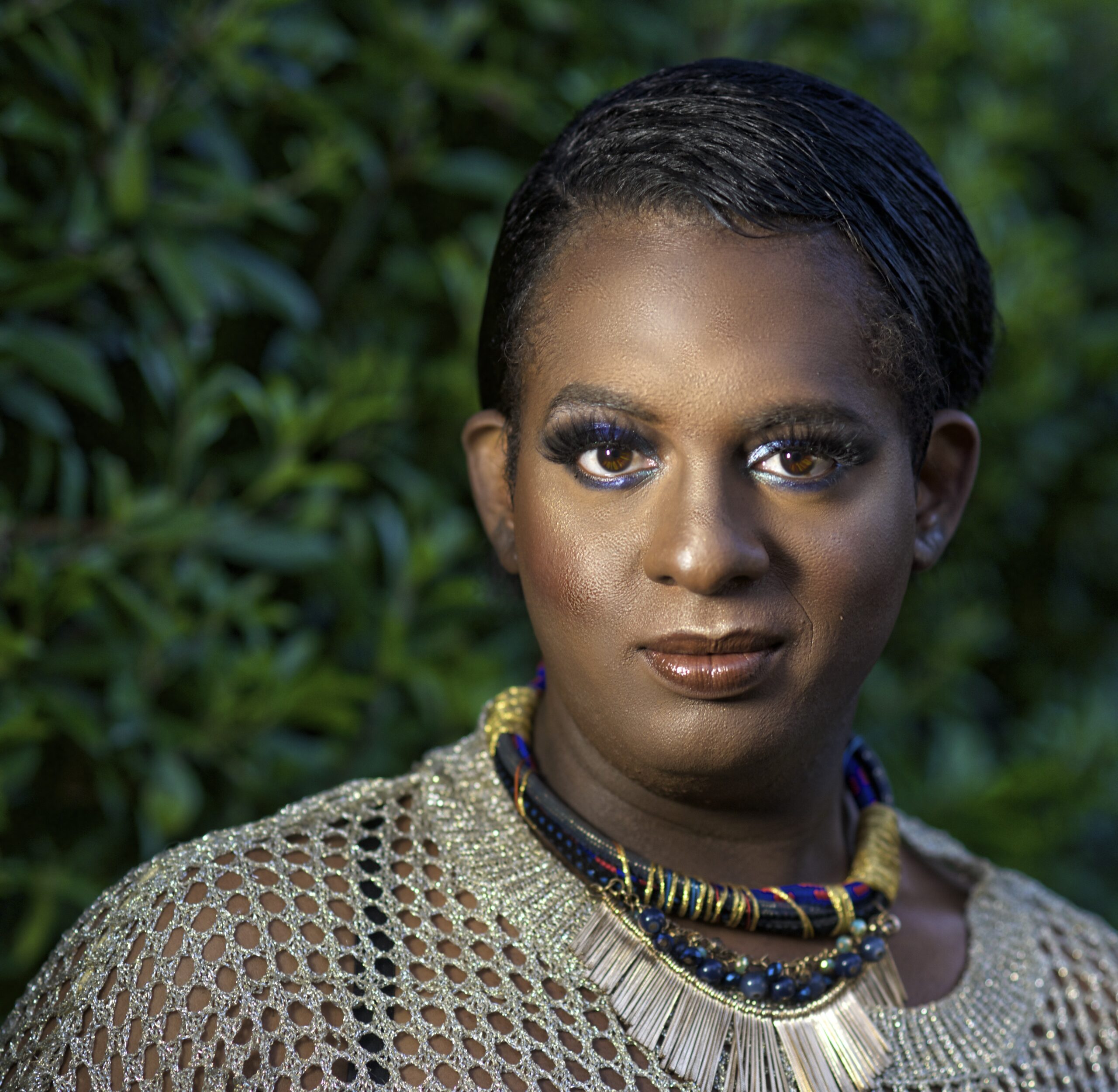Three Barbadian LGBT activists have filed a petition at the Inter-American Commission on Human Rights against the Caribbean country’s laws that criminalize same-sex intimacy, with support from activists and organizations in Canada.
The activists are challenging sections of the country’s Sexual Offences Act, which carries a maximum penalty of 10 years in prison, and buggery, a charge that carries a maximum penalty of life imprisonment, the harshest legal penalties for that charge in the Western hemisphere. The laws against gay sex are broadly drawn to include sex between men, sex between women, and heterosexual sex that is not strictly vaginal.
Alexa Hoffmann, an openly trans woman and the only petitioner who has identified herself publicly, says the current law exposes her to legal risk and police violence.
“For me as a trans woman . . . the laws are blurred. I am legally male. If I have sex with a man, that’s an instance where we’ve committed a crime,” she says. “Whenever I engage in intimacy with my partner, I have that worry that suppose someone sees in through the window or trespass on my property, or someone videotapes me and the footage is leaked, that it could end up in the hands of the police and they say, ‘Aha, we have the evidence now and you can be charged.’”
In preparing the submissions, Hoffmann received help from the Canadian HIV/AIDS Legal Network and the University of Toronto’s international human rights program. The organizations provided vital pro-bono legal assistance, although they are not formally part of the claim.
Hoffmann says she’s also been in contact with the Barbadian queer diaspora in Canada and she hopes that a positive decision from the commission could make queer expats feel more comfortable about returning home.
“It’s a tradition for LGBT Barbadians to move to Canada. We’re trying to fix things, so someday you can come back and not have to worry about it,” she says.
The law gives queer people the status of “unapprehended criminals,” Hoffmann says. That arouses unfair suspicion, which she says she learned when she was the victim of a physical assault by a former roommate in February.
“Very few people focused on that someone had almost taken my life in that attack. It was all about what I and this person were possibly doing, speculation about whether it was a lovers’ quarrel gone badly, or he was acting in defence because a trans person approached him,” she says. “It was as if people were upset that I did not die.”
Barbados is an Eastern Caribbean island home to 284,000 people and one of nine former British colonies in the region that still maintain laws inherited from the colonial period that criminalize gay sex. The other countries are Antigua and Barbuda, Dominica, Grenada, Guyana, Jamaica, St Kitts and Nevis, St Lucia, and St Vincent and the Grenadines.
The law cannot be challenged in Barbadian courts, because any law that predates independence is shielded from constitutional challenges. But Barbados has obligations under the American Convention on Human Rights and has accepted the blanket jurisdiction of the Inter-American Court of Human Rights.
In the Inter-American system, petitioners are required to file their petitions with the commission first. The commission then decides if the case is admissible and may make recommendations to the country to resolve it. The petition only goes to the court if the country fails to adopt the recommendations.
The activists have reason to believe the commission will land on their side. It has released several opinions supportive of the right to privacy and freedom from discrimination and has welcomed UN resolutions on LGBT rights. While it has never ruled directly on buggery laws, the commission issued a statement welcoming a court decision decriminalizing same-sex intimacy in Trinidad and Tobago earlier this year.
In January, the court issued an advisory opinion that called for same-sex marriage and gender identity recognition to be legalized in all member countries.
Maurice Tomlinson, a Jamaican-Canadian lawyer and LGBT activist who has filed several challenges of anti-gay laws in the Caribbean and helped prepare this petition, says he hopes the commission will prioritize the petition as it addresses a fundamental issue of human rights that the court has already been consistent on.
“The Inter-American Commission receives a lot of requests. Because this issue is still outstanding in the Caribbean, we’re not out of the starting gates,” he says.
Hoffmann and Tomlinson are also hopeful that the changing political climate in Barbados may help move the issue for them. In the May elections, the Barbados Labour Party under Mia Mottley swept every seat in the House of Assembly, casting out former prime minister Freundel Stuart. While Stuart denied the existence of anti-gay laws in Barbados, Mottley had previously commissioned a report calling for the laws’ abolition when she was attorney-general, in order to help fight the country’s HIV epidemic. She also earned the endorsement of famed Barbadian singer and LGBT ally Rihanna.
Local court challenges decriminalized same-sex intimacy in Belize in 2016 and in Trinidad and Tobago this year. Tomlinson is also pursuing a case against Jamaica’s sodomy law in its courts. He hopes that these decisions will accelerate a movement to strike all anti-LGBT laws from the region.
“There’s no way to tackle them all at once, they have to be one at a time, because of their different constitutional arrangements,” he says. “It will have to be ongoing waves that will eventually wash these laws into the Caribbean Sea.”


 Why you can trust Xtra
Why you can trust Xtra


